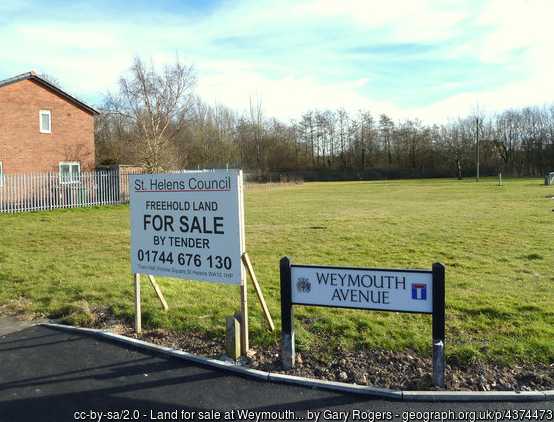Nonsense on Land Values
Nonsense on Land Values

UK land is worth about £20,000 a hectare. Total value less than £500 billion.
The Telegraph reports UK land is worth £5,400 billion
Under the headline Land and house prices push UK’s total worth up to £10 trillion, of the Telegraph writes:
Land is now worth £5.4 trillion, which amounts to 53pc of all wealth in the country. This is up from one-third of net assets in 1995, and means land is close to its record high share of 53.3pc of total worth, which it hit in the boom years of 2006 and 2007.
and
Housing wealth makes up 17.8pc of the UK’s net worth, and added to land this takes the two to a total of 70.7pc of net assets.
The Guardian reports UK land is 51% of the UK’s net worth
In UK’s wealth rises as land values soar by £450bn in a year by Philip Innman of the Guardian writes:
The Office for National Statistics said consistent increases in the value of land meant it accounted for 51% of the UK’s net worth in 2016, higher than any other G7 country that produces similar statistics.
and
From London and the home counties to Cambridge and popular parts of Devon and Cornwall, land values have become the single largest element of wealth, dwarfing household wealth locked up in property and financial savings.

The impression that both these articles give is that undeveloped land (like farmers’ fields, country estates and the land banks) has much more value than our houses – those buildings we live in. Houses seem to be a just about a third of the value of land. The articles show pictures of undeveloped land for sale to emphasise the value of land.
It’s not land value. It’s the value of the planning permission
What Wallace and Osborne seem to miss is that the Office of National Statistics (ONS), divide the value of a house into two parts: (1) The bricks and mortar value and (2) the value of the land that the house is built on. The ONS specifically notes under Table 10 of The UK national balance sheet estimates that house values – using their definition – “Excludes the value of the land underneath the assets.” That excluding (2) the value of the land that the house is built on.
What we think of as ‘land’ is undeveloped land. It has a total value in the UK of probably less than £500 billion. (£500 billion values the UK’s 24.2 million hectares of ‘land’ at more than £20,000 per hectare – probably an overestimate.) The difference between this £500 billion and the £5,400 billion of ‘land value’ in the ONS figures is due to what the ONS classes as the value of the land that buildings stand on.
This classification gives a very misleading impression. If your house were demolished and there was no chance of rebuilding the land value would be tiny. What makes a house valuable is the right to have a house on your land. That right is called planning permission.
The ONS should prevent this confusion and separate out the value of planning permission from the value of undeveloped land.
The rise in UK’s wealth is underpinned by planning restrictions
Using ONS figures, the value of planning permission – the right to have a house in a particular place – can be estimated. It is about 70% of the value of an average UK house: Only 30% can be allocated to its “bricks-and-mortar value”. These are average values over the UK. In places where demand for housing is low the value of the planning permission can be very low. In places of high housing demand it will can be considerably higher than the 70% average.
We have learnt from OPEC’s manipulation of the oil market that restrictions in supply can raise prices enormously. This is just what our planning system is doing: It restricts the supply of planning permission and so its value increases pushing up the price of houses – and the nation’s ‘wealth’. This is fine for affluent house owners but is grossly unfair on the poor that pay higher rents.
Other posts on this blog argue that it is possible to provide starter homes at a fraction of the cost of the average house. A serious question is “Would this crash the housing market?”. If it did our national wealth would plummet. But is it right to price the less affluent out of the housing market to do this?
An immediate #BRexit question: “Will there be a exodus that will crash the housing market by cutting demand?”
Has it started already ? There are interesting reports from London.
